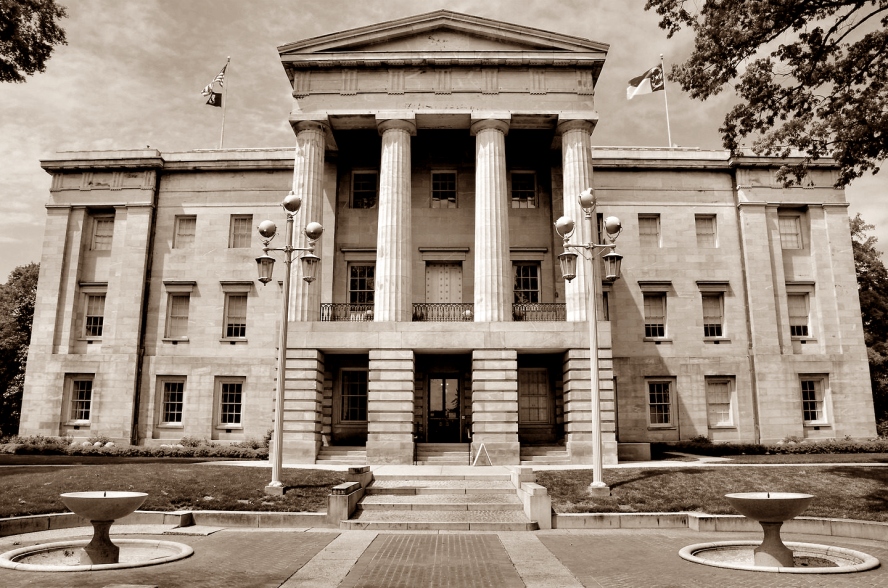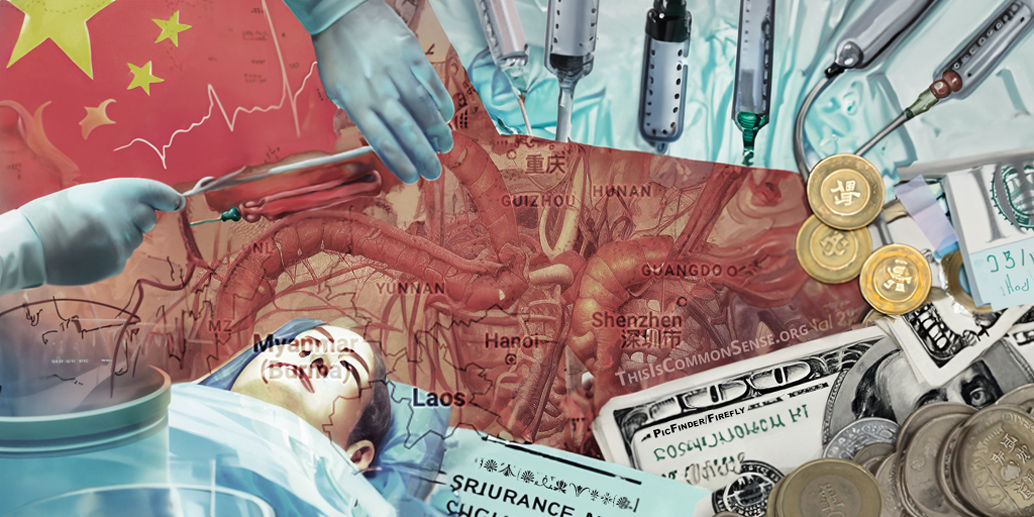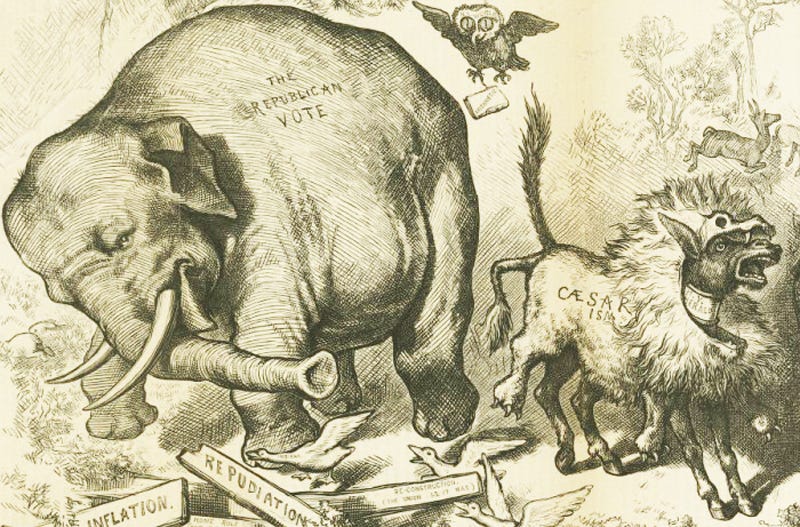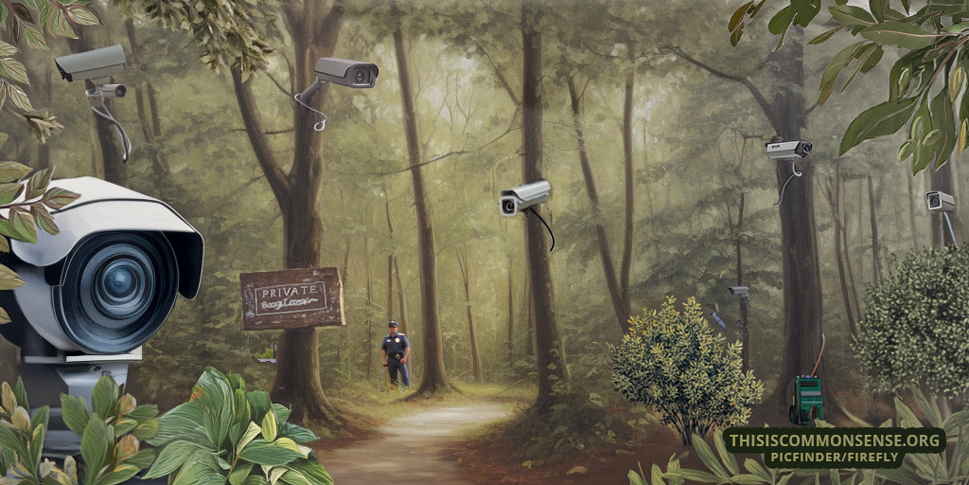“The North Carolina General Assembly wrapped up this year’s chief work session Thursday,” explains Gary D. Robertson for the Associated Press, “after overriding Democratic Gov. Roy Cooper’s vetoes, putting a constitutional amendment about citizens and voting on the November ballot and sending to Cooper’s desk many additional bills.”
Kyle Ingram, writing in the Raleigh News & Observer, describes the override vote as having “passed the House and Senate with bipartisan support.”
Bipartisan support?
“Yes,” Paul Jacob clarifies (via email), “I’d say so: The votes were 104 – 12 in the House and 40 – 4 in the Senate.”
The Lake Gaston Gazette-Observer quotes North Carolina’s leaders for the measure, who insisted that “‘President Joe Biden has been asleep at the wheel the past four years, letting millions of people illegally cross the border into our country. Now, as voters are fleeing the Democratic party in droves, Democrats are seeking to fill the gap by extending voting rights to noncitizens,’ Sens. Brad Overcash (R‑Gaston), Buck Newton (R‑Wilson), and Warren Daniel (R‑Burke) said. ‘To combat this movement, we are empowering North Carolinians to approve a constitutional amendment to make it crystal clear that our elections are for U.S. citizens only.’”
“The constitutional amendment heading to the ballot seeks to change language in the state constitution to clarify that only U.S. citizens at least 18 years of age and meeting other qualifications shall be entitled to vote in elections,” explains the AP. “Voting by noncitizens is already illegal, but some supporters of the amendment say the current language in the constitution could be challenged so that other people beside citizens could vote.”





